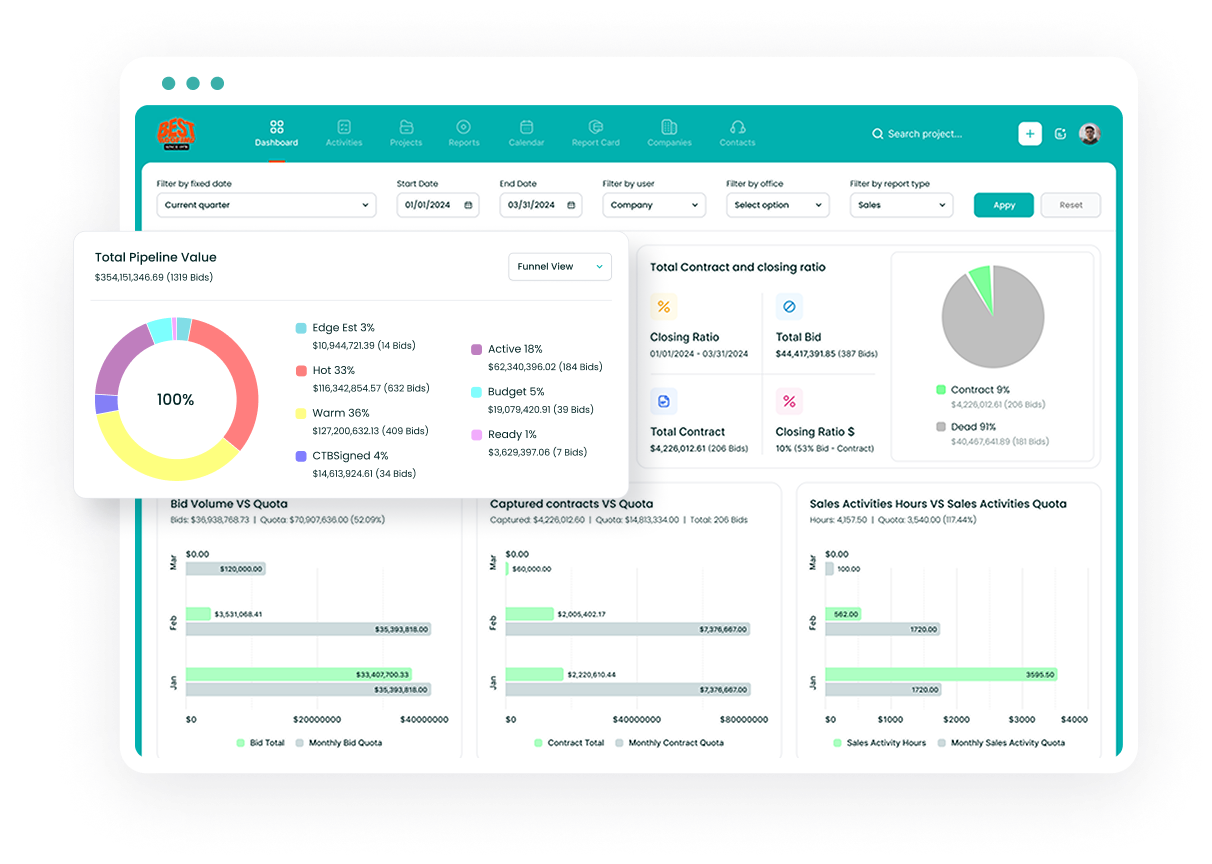Voiding Unissued Checks
The simplest form of check adjustment is voiding an unissued check. This typically occurs when there's a printer malfunction or when a check becomes physically damaged before being issued. To maintain proper audit trails, you'll need to record the voided check in the system.
To void an unissued check:
- Navigate to Accounts Payable Main menu > Manual Check and Payment Entry
- Enter the bank code, check number, and check date
- Type .00 in the Check Amount field
- Click Yes when prompted about voiding the check
- Click Accept to complete the process
Reversing Issued Checks
When you need to reverse a check that has already been issued and recorded in the system, the process is more involved than voiding. This might be necessary if you sent payment to the wrong vendor or issued an incorrect amount.
For checks without Job Cost distributions:
- Select Modules, Accounts Payable, Main, Manual Check Entry
- Enter the bank code associated with the check
- Input the check number to reverse
- Confirm the check reversal when prompted
- Choose whether to recall original invoices
Using the Reverse Check Run Utility
With the release of Sage 100 2020.1, subscribers gained access to a new Reverse Check Run utility, which streamlines the process of reversing multiple checks simultaneously.
Important considerations:
- Only available for Sage 100 Subscription users
- Located in the Accounts Payable Utilities menu
- Can reverse entire check runs
- Works with both Auto (standard) and Electronic check types
- Only processes checks posted to cash disbursements journal
Check Adjustments with General Ledger Integration
When adjusting checks that affect the General Ledger, proper distribution is crucial for maintaining accurate financial records.
Distribution process:
- Access the Lines tab in Manual Check Entry
- Select the GL Distribution Button
- Enter the appropriate GL Account
- Input the original check amount as a negative value
- Click Accept to save the distribution
Bank Reconciliation Adjustments
Sometimes check adjustments need to be made during the bank reconciliation process. Sage 100 provides tools to handle these situations through the Check, Deposit and Adjustment Entry feature.
Key functions:
- Enter outstanding checks and deposits
- Record bank account adjustments
- Process wire transfer payments
- Handle electronic payment adjustments
- Manage miscellaneous bank charges
Working with Sage Bank Feeds
For users connected to Sage Bank Feeds, the system offers automated matching capabilities for check transactions.
Matching criteria:
- Check number must match
- Amount must be identical
- Check date must not be later than the posted bank feed transaction
- Reference numbers are compared when available
Multi-Currency Considerations
When dealing with checks in different currencies, additional steps may be necessary to ensure proper adjustment and recording.
Currency adjustment requirements:
- Verify exchange rates are current
- Ensure proper FASB 52 compliance if applicable
- Review currency codes and conversion settings
- Confirm proper posting to multi-currency accounts
Best Practices for Check Adjustments
To maintain accurate financial records and proper audit trails, follow these established best practices:
Documentation requirements:
- Record detailed reasons for adjustments
- Maintain copies of original checks
- Document approval processes
- Track adjustment dates and responsible parties
Security considerations:
- Implement proper user permissions
- Establish approval workflows
- Maintain separation of duties
- Regular audit of check adjustment activities
Troubleshooting Common Issues
When adjusting checks in Sage 100, you may encounter various challenges. Here are solutions to common problems:
Integration issues:
- Verify module integration settings
- Confirm posting dates align
- Check account permissions
- Validate bank code setup
Posting errors:
- Review GL account structure
- Confirm fiscal period status
- Verify available funds
- Check for account restrictions
Reporting and Audit Trails
After making check adjustments, proper reporting is essential for maintaining accurate records:
Key reports:
- Manual Check Register
- Bank Reconciliation Report
- GL Transaction Detail
- Audit Trail Reports
System Requirements and Setup
To ensure smooth check adjustment processes, verify these system components:
Technical requirements:
- Latest Adobe Reader installation
- Google Chrome browser (recommended)
- Browser zoom set to 100%
- Proper printer configuration
Regular Maintenance
To maintain efficient check processing and adjustment capabilities:
Periodic tasks:
- Update exchange rates regularly
- Review and clear old transactions
- Verify bank feed connections
- Update security permissions
Integration with Other Modules
Check adjustments can affect multiple areas of your Sage 100 system:
Connected modules:
- General Ledger
- Accounts Payable
- Bank Reconciliation
- Purchase Order
- Payroll
By following these comprehensive guidelines and best practices, you can effectively manage check adjustments in Sage 100 while maintaining accurate financial records and proper audit trails. Remember to regularly review and update your procedures as new versions and features become available, and ensure all users are properly trained on the correct processes for handling check adjustments.
Citations: [1] https://www.top-sage-resellers.com/blog/sage-100-reverse-check [2] https://help.sbc.sage.com/en-us/start/settings/check-printing-settings.html [3] https://www.rklesolutions.com/blog/sage-100-reverse-checks [4] https://help-sage100.na.sage.com/2018/Subsystems/BR/BRMain/CHECK_DEPOSIT_ADJ_ENTRY_OVR.htm [5] https://www.youtube.com/watch?v=A7jsIMR0fSg [6] https://help-sage100.na.sage.com/2018/Subsystems/BR/BRMainFields/Check,_Deposit_&_Adjustment_Entry_-_Fields.htm [7] https://www.dsdinc.com/2022/03/25/sage-100-multi-currency-series-your-guide-to-setting-up-fasb-52-in-dsd-multi-currency/ [8] https://www.youtube.com/watch?v=0G9mg5RjCAQ [9] https://communityhub.sage.com/us/sage100/f/core-financial-modules/154359/check-printing-setup-stub-check-stub-sage-100

